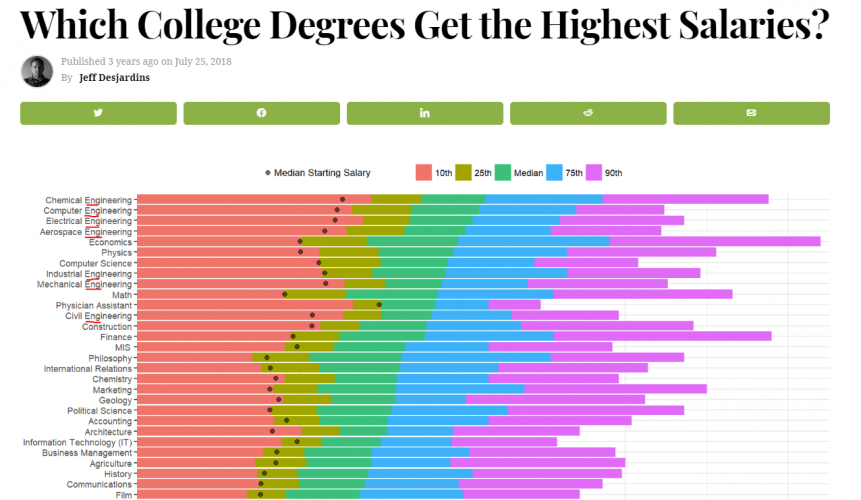I've just had 2 kids finish college, wllm's table is pretty accurate more or less, but as been said, there are alot of variables. IMO a trade skill is much more worth the money what you'll make over the years and not putting yourself or kids in debt for life.
We saved modestly in 529 and Coverdell ESA's which helped, but the kids also worked their butts off in HS & college and received modest scholarships and grants. Typically my yearly contribution was <$15k, grants and scholarships covered the rest, and we also had them take the offered federal loans so we weren't giving them a total free ride.
Good luck, there's many avenues out there kids nowadays can take if college isn't a good fit for them, or it might be the right path for them, that's what needs to be figured out.
We saved modestly in 529 and Coverdell ESA's which helped, but the kids also worked their butts off in HS & college and received modest scholarships and grants. Typically my yearly contribution was <$15k, grants and scholarships covered the rest, and we also had them take the offered federal loans so we weren't giving them a total free ride.
Good luck, there's many avenues out there kids nowadays can take if college isn't a good fit for them, or it might be the right path for them, that's what needs to be figured out.





